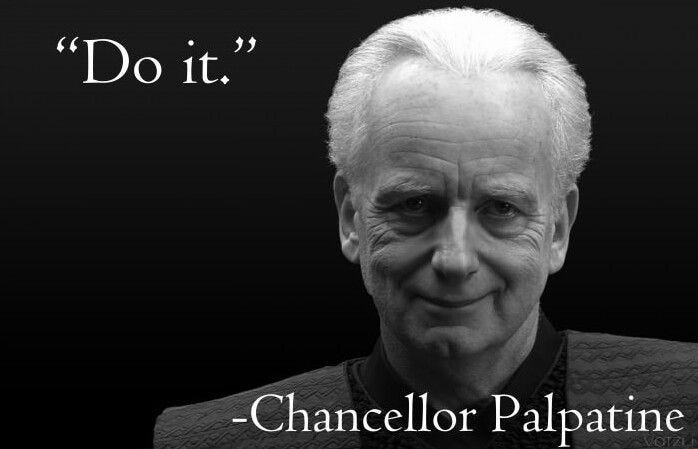You will never be certain until the decision is in the past. We try to gather endless information to avoid uncertainty, but that’s impossible. There will always be uncertainty. We need to teach ourselves to act without 100% information.
How do we know when to decide? Here’s some principles to think about and techniques to execute.
Consequentiality and Reversibility
There are two traits we can use to categorize decisions:
Consequentiality- the importance of the decision on our life
Reversibility- how easily we can fix or reverse the decision we make
This makes approximately four types of decisions. Both traits are spectrums, not binaries, but we will simplify the framework by assuming binaries. For instance, the question isn’t whether or not a decision is reversible or not, it’s HOW reversible.
1. consequential and irreversible decisions are decisons like: who you marry, where you buy a house, or other investment decisions
2. consequential and reversible are decisions like buying something expensive with a good return policy
3. inconsequential and irreversible decisions are what you’re going to eat for a meal. It doesn’t really matter but once you eat it, you can’t reverse that
4. inconsequential and reversible decisions are which plate to put your food on, what girl to go on a first date with, or where to sit in a room full of empty chairs
ASAP/ALAP Principles
We’ve all heard the term ASAP before. The more reversible a decision is, the faster you want to make it. Consider if it costs you no time or money to reverse an inconsequential decision, spending any time analyzing the decision is a waste. You’re better off making the decision without a second thought and then simply reversing if you don’t get the outcome you want. The other side of that spectrum are decisions that are consequential and impossible to reverse.
ALAP… As Late As Possible. If a decision’s completely irreversible for the rest of your life and it will impact your daily life, it’s hard to imagine you could ever have enough info to make that decision.
But alas, it must be made eventually. You want to wait as long as possible before making it because that gives you more opportunity to catch new relevant information that could swing your decision. What does “as long as possible” mean? Hard to say exactly, but if you’re finding yourself pushing a decision off far too long, try “Stop, Flop, Know” as a hint.
Stop, Flop, Know
Stop gathering information when you have your First Lost Opportunity or when you know in your gut what you need to do. For instance, since you’re a BigNerd, you obviously have many beautiful women looking to date you. You make them wait because they’re all such eligible bachelorettes and you can’t decide on one. The moment you start losing girls to other guys, that’s your first lost opportunity. That’s a sign it’s time to decide.
All the knowledge and skill in the world is useless if you never pull the trigger. And never forget, that indecision is a decision too.
Question of The Day
What decision have you been putting off forever because you “just need to know X”?
Your Biggest Fan,
Noah “BigNerd” Sochaczevski


